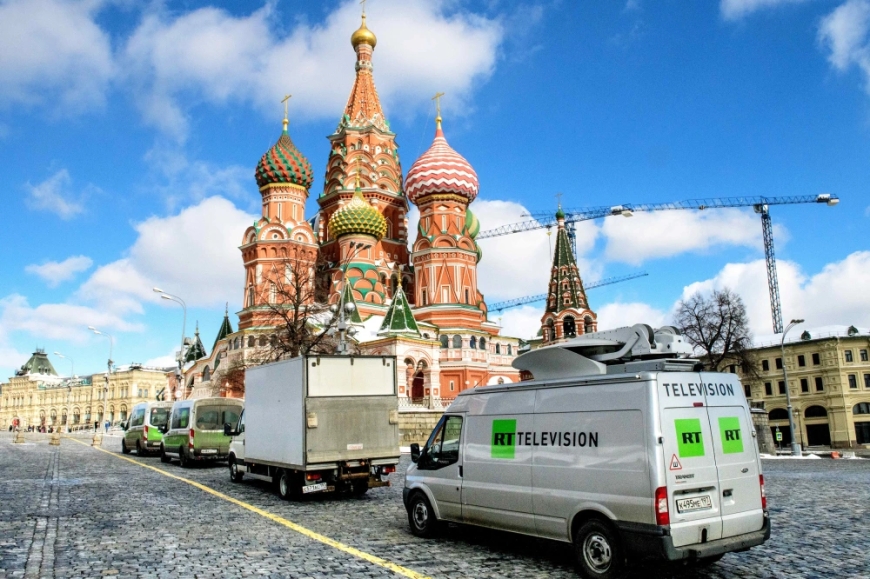Meta Bans RT in response to claims of covert disinformation campaigns by American officials.

Significantly in opposition to false information, social media behemoth Meta declared on Monday that it is removing Russian media station RT from all of its worldwide platforms. This ruling follows close examination by U.S. authorities accusing RT of operating as an instrument of Russia's intelligence services involved in covert information warfare.
Confirming the restriction, a Meta spokesman said, "After much thought, we have broadened our enforcement against Russian state media outlets. Now prohibited from our apps worldwide because to their foreign influence actions are Rossiya Segodnya, RT, and other affiliated companies. This action will affect RT's visibility across Meta's channels—including Facebook, Instagram, WhatsApp, and Threads.
Along with Rossiya Segodnya and its director, Dmitry Kiselyov, the Biden administration's Friday announcement contained fresh penalties against RT and TV-Novosti along with Allegations that RT has been extensively disseminating propaganda and misinformation on behalf of the Russian government—especially in reference to the continuing war in Ukraine—led to the sanctions being imposed.
Coordinating the State Department's Global Engagement Center, James Rubin said RT was a "fully fledged member of the intelligence apparatus," claiming the site has been crucial in distributing misinformation and false narratives to a worldwide audience. Rubin attacked RT for being "where propaganda, disinformation, and lies are spread to millions, if not billions, of people around the world."
Allegations of covert activities across several nations abound among the charges directed against RT. While in Germany it allegedly runs a Berlin-based English-language website named "Red," U.S. officials assert RT is behind an online platform dubbed "African Stream," in Africa. RT is accused in France of using a Parisian journalist to carry out "influence projects," aimed at French-speaking viewers.
The prohibition symbolizes Meta's ongoing larger initiatives to combat false information and foreign intervention. Two years ago, Meta started limiting Russian state-owned media sources in line with a more general campaign against the dissemination of misleading information and safeguard of election integrity.
This most recent step by Meta fits the continuous initiatives of the U.S. government to offset what it sees as Russian meddling in world affairs. Previously accused of meddling in American elections, the U.S. has specifically targeted cyber activities aiming at the 2016 presidential contest. The 2018 charges of twelve Russian citizens for cybercrimes connected to election interference served to highlight these initiatives.
Russia's constant denial of these accusations notwithstanding does not change the vigilance of the world community. Aiming to reduce RT's impact on social media and slow down the dissemination of false information, Meta's ban is scheduled to be enforced over the following several days. The worldwide influence of these policies on media freedom and information warfare is a subject of great discussion as the situation unfolds.













































